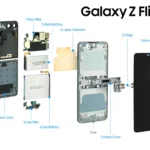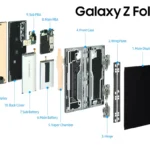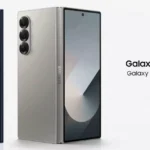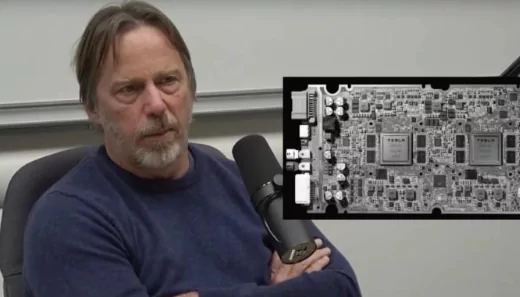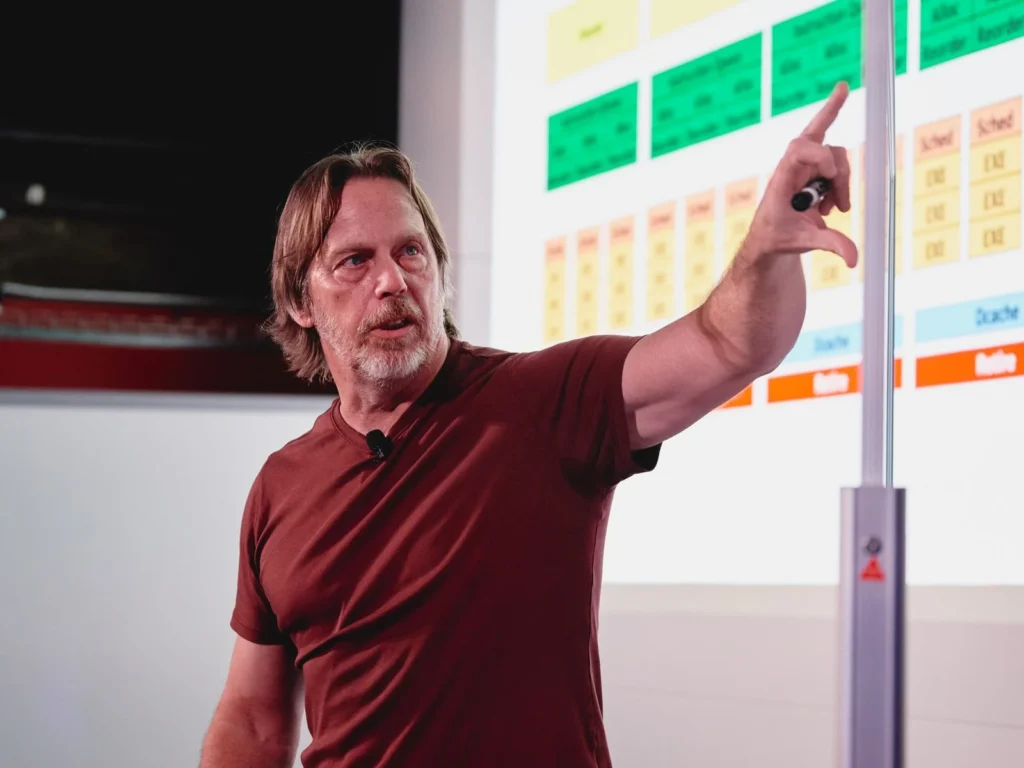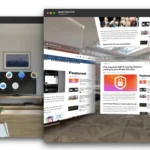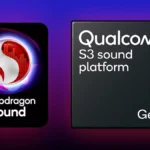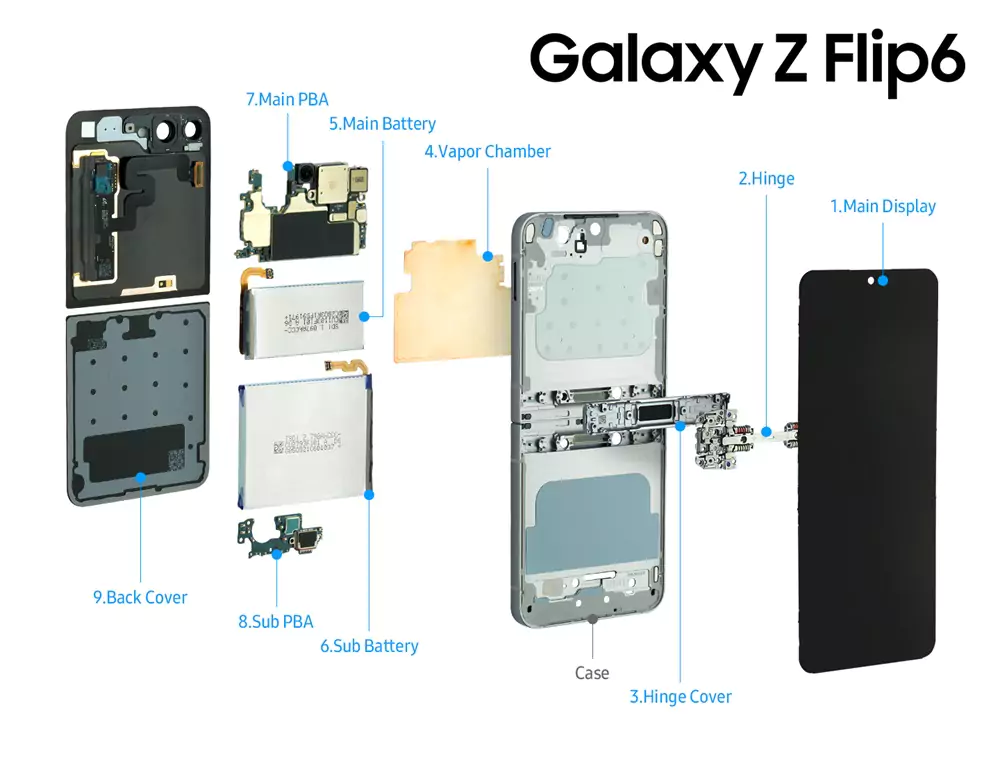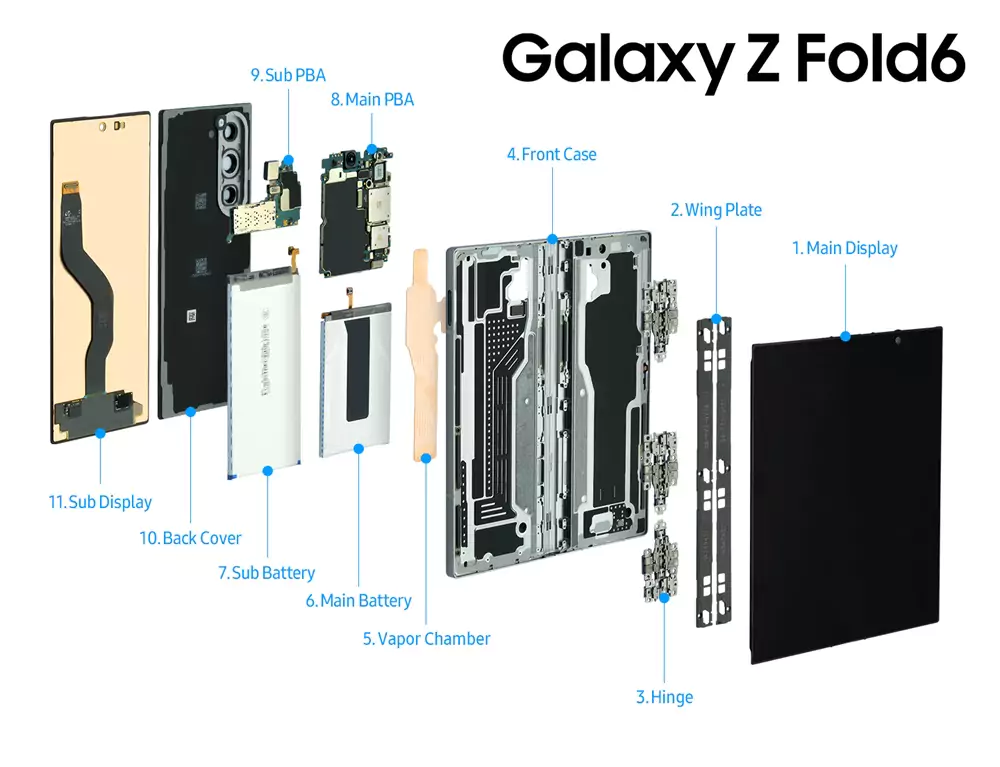Jim Keller, a famous microprocessor engineer, will join Samsung at its Foundry Forum 2023 later this month, indicating the possibility of a collaboration with Samsung Electronics. Jim Keller last spoke at the Samsung Foundry Forum in 2021, and he discussed the future of chip design at the TSMC OPI Ecosystem Forum in 2022.
At the Samsung Foundry Forum later this month, Jim Keller will speak about cutting-edge computing technologies, such as artificial intelligence (AI) and the RISC-V instruction set architecture.
This series of occurrences raise the possibility of Jim Keller and Samsung Semiconductor working together. Even more so, given that on June 9 during a lecture at Yonsei University, Samsung CEO Kyung Kye-Hyun addressed the illustrious chip designer.
The director of Samsung Electronics Device Solutions Division stated earlier this month that “if the entire world employs generative AI, the name of the game is semiconductors that can fuel AI.” Moreover, Kyung Kye-Hyun declared, “We will send our personnel to the United States to receive training from outstanding masters like Jim Keller.”
Samsung might adopt LG’s strategy
When his AI semiconductor company, Tenstorrent, and LG Electronics announced a partnership in May, Jim Keller recently received more coverage than normal from the Korean media. In order to create chipset-based AI semiconductors, LG announced a partnership with Tenstorrent.
Now, local media sites think Samsung may follow LG and begin a partnership with Jim Keller’s company.
The chip engineer has previously worked on AMD’s Zen architecture. Additionally, he was appointed Director of Silicon Engineering at Intel and senior vice president of Technology, System Architecture, and Client Group. In conjunction with Apple and Tesla, he also designed application processors and autonomous driving technologies for his portfolio.
Recently, Samsung revealed that it is creating an internal generative AI for its semiconductor workers. Along with Naver, the IT behemoth is creating the system. Samsung’s AI-focused efforts, however, are probably not going to end there because it thinks memory semiconductors can trump NVIDIA GPUs. “Memory semiconductor-centred supercomputers can be available by 2028,” Samsung promised.
